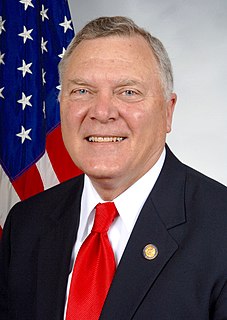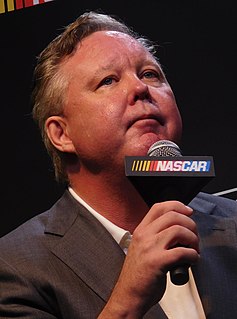A Quote by Nathan Deal
As a physician, I know many doctors want to utilize new technology, but they find the cost prohibitive.
Related Quotes
What the new fertilizer technology has accomplished for the farmer is clear: more crop can be produced on less acreage than before. Since the cost of fertilizer, relative to the resultant gain in crop sales, is lower than that of any other economic input, and since the Land Bank pays the farmer for acreage not in crops, the new technology pays him well. The cost-in environmental degradation-is borne by his neighbors in town who find their water polluted. The new technology is an economic success-but only because it is an ecological failure.
I am extraordinarily fascinated by the future of technology. We are in the early infancy of technology, and we have an opportunity to guide how technology develops and integrates into our lives. I talk a lot about the 'invisible interface,' or the idea that we can utilize technology without being absorbed into a screen.
Most people assume that physician language is akin to technical, non-understandable jargon. It does not have to be that way. Doctors do not perform witchcraft. They simply interpret what they are told and what tests reveal. They diagnose and prescribe treatment. Our responsibility is to help doctors know what is going on in our bodies and to insist on clear, precise, understandable language in response.
Technology enables consumers and investors to have extraordinary choice and ease of switching, which, in turn, stimulates much fiercer competition than ever before, which, in turn, makes it imperative for every institution to innovate like mad. That innovation is powering our economy these days, and it requires companies to find and utilize creative workers. That's the most important syllogism going; technology is embedded in that syllogism, but it's not as if we're seeing these productivity gains because of the technology.


































